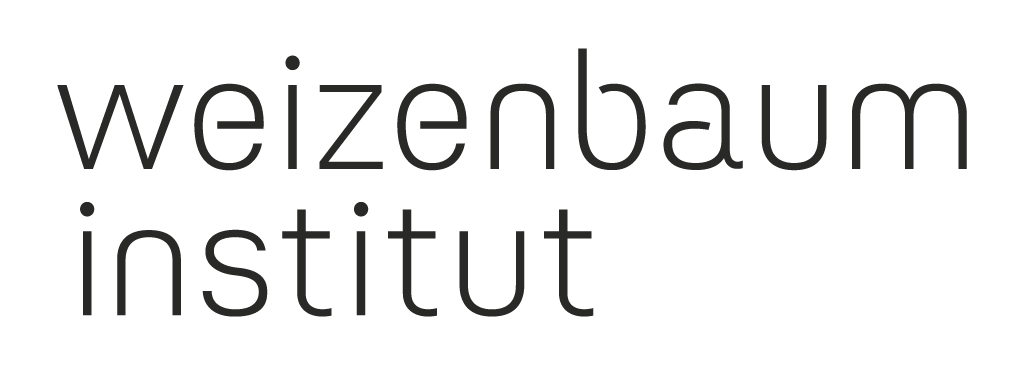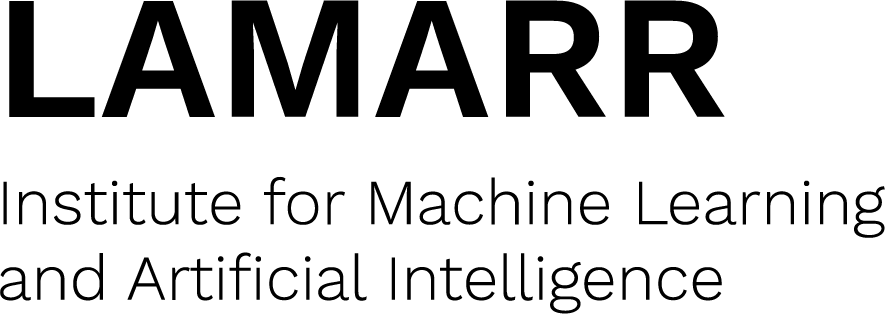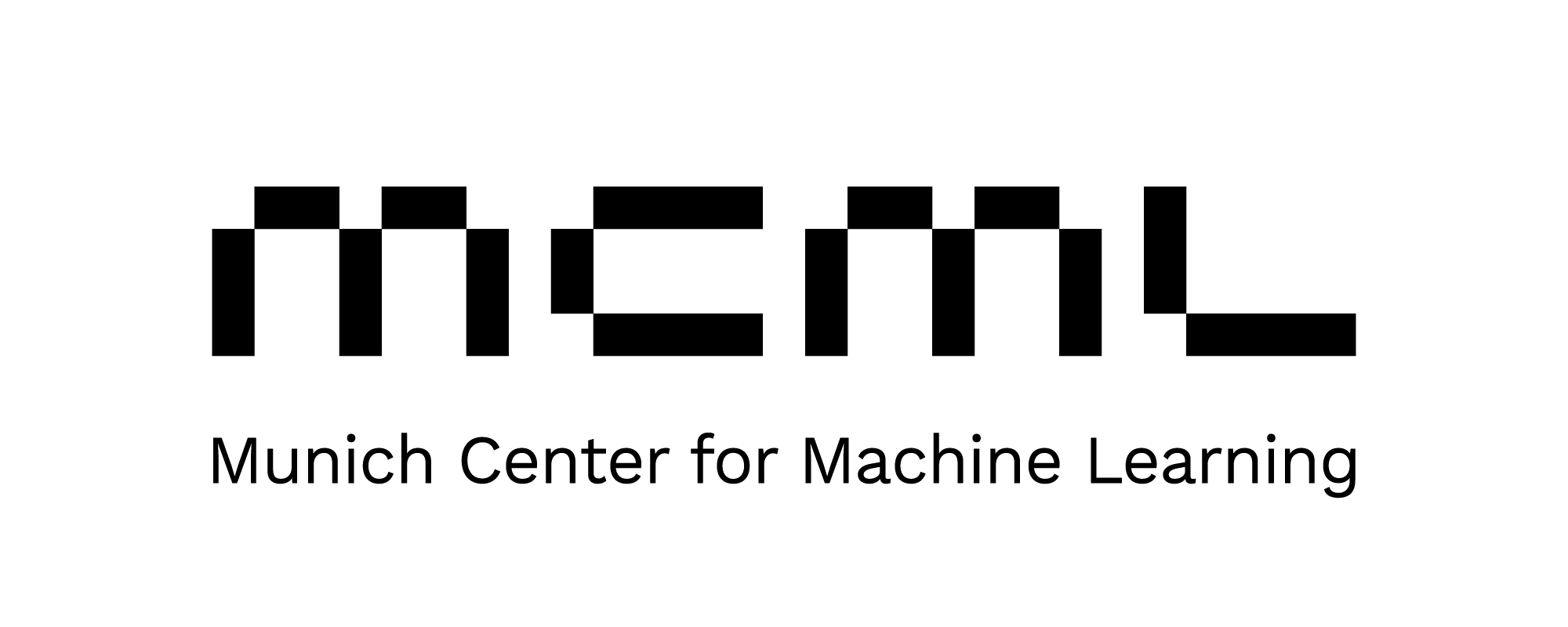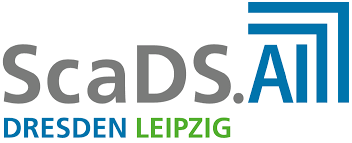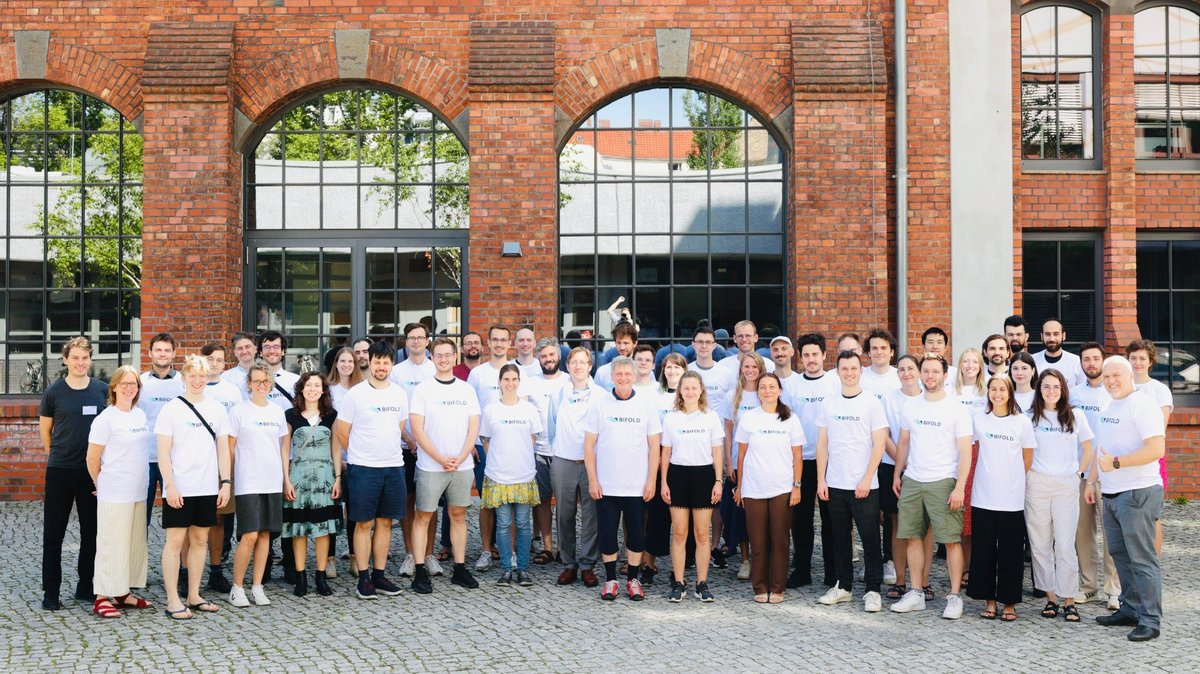
Wrap up: BIFOLD Weizenbaum summer school 2023
How to use AI to improve environmental sustainability
The second BIFOLD Weizenbaum Summer School took place from September 11-15, 2023, at the TU Campus EUREF in Berlin Schöneberg. The school focused on the overarching theme of "AI and environmental sustainability", exploring the complex relationship between AI and sustainability, in particular AI or machine learning as tools for sustainable development. The event was jointly organized by the BIFOLD Graduate School and the research group "Digitalization, Sustainability and Participation" at the Weizenbaum Institute for the Networked Society in Berlin. Participants and speakers from BIFOLD, Lamarr, MCML (all from the network of German Centers of Excellence for AI), the Weizenbaum Institute, TU Berlin and other universities and research institutes in Germany and Europe discussed Machine Learning, Data Management and the impact of cutting-edge Artificial Intelligence on society and sustainability.
The summer school gave young researchers from different scientific disciplines the unique opportunity to learn about other fields of work and methods thereby gaining a new perspective on their own work. They listened to keynote speeches from areas of social sciences, machine learning and data management and worked together in mixed groups on the development of sustainable AI applications.
Keynotes on Balancing Business, Sustainability, and Social Impact in AI and E-Commerce
Keynotes focused on the question of how the economic interests of companies in e-commerce can be reconciled with sustainability goals through efficient optimization of recommendation systems (Sebastian Schelter, University of Amsterdam, Netherlands), the cutting-edge XAI technique known as Concept Relevance Propagation (CRP), which explains individual predictions in terms of human-understandable concepts (Wojciech Samek, Fraunhofer Heinrich Hertz Institute & BIFOLD) and on power asymmetries, exploitation and social inequality and the dimensions of sustainability in the context of today's AI (Rainer Mühlhoff, Osnabrück University).
Exploring the Intersection of AI, Sustainability, and Society: From Cutting-Edge Technologies to Ethical Considerations
Participants could choose from different tracks to dive deeper into specific topics. One track covered Machine Learning state-of-the-art topics, such as XAI, efficient Machine Learning, Generative Modelling and Quantum Chemistry. In the Data Management track participants were taught resource-aware ML, Data Management for the Internet of Things, DM and ML for Earth observation and Urban Sustainability. The track focusing on the societal impact covered the intricate relationship between AI and capitalism and the ethics of digitization, where they could design, build and pitch sensor systems and discuss ethical issues using case studies.
Lectures focused on how to use AI to improve environmental sustainability and the risks of technological approaches. Tabea Rößner, Head of the Committee for Digital Affairs and a member of the Committee for the Environment, Nature Conservation, Nuclear Safety, and Consumer Protection and member of the German Bundestag belonging to the Green Party, shared insights on recent political obstacles and answered the critical and interested questions of the Summer School participants.
Final highlight was the presentation of the group work results. Throughout the week, the participants worked in interdisciplinary teams on creative ideas and concepts for solving environmental problems with AI technologies also considering the social perspective. The teams designed and worked on projects focusing on the reduction of energy consumption in system performance, AI-supported waste sorting based on crowdsourcing, rooftop detection for solar energy promotion, the use of AI to enforce the High Seas Treaty, a re-integration system for electronic waste and a project on how to cool cities with the help of machine learning.
An exciting and inspiring week - we extend our heartfelt thanks to all participants for their commitment and to all organizers for their preparation.
Keynote Speakers
The three keynote speeches were held by highly recognized scientists and intended to give an introductory overview of specific topics in the area of Machine Learning, Data Management, as well as the possible societal impact of using or not using AI in the context of ecological sustainability.
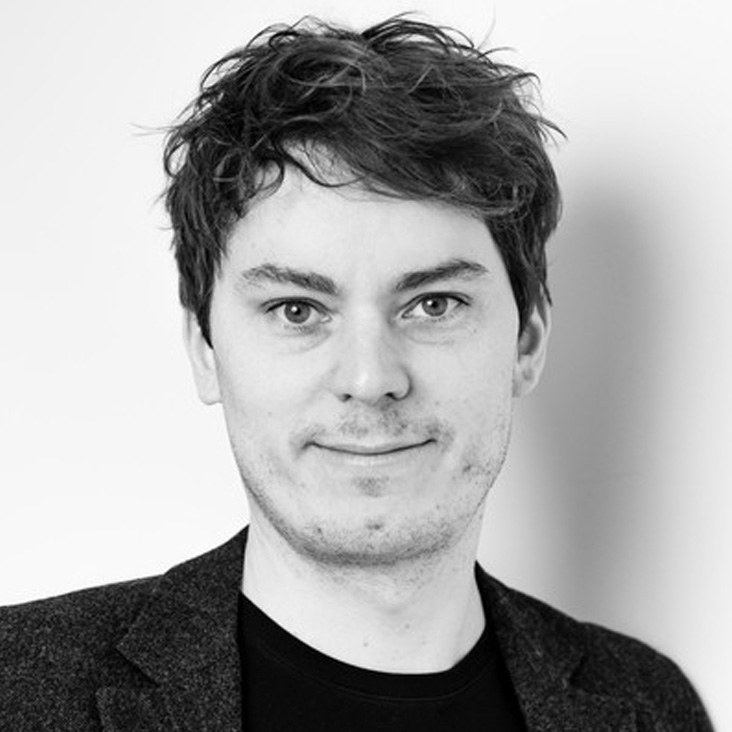
Prof. Rainer Mühlhoff
Osnabrück University
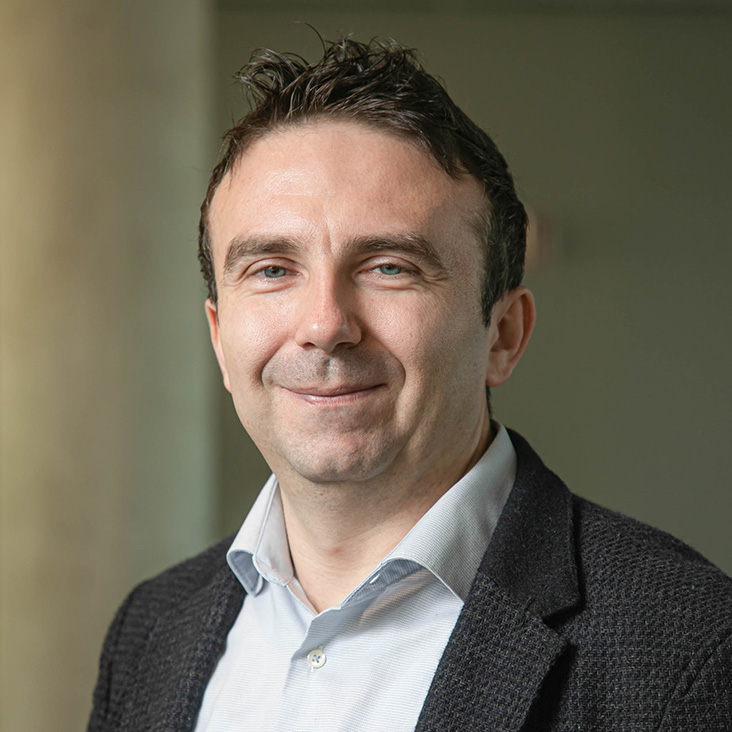
Prof. Wojciech Samek
Fraunhofer Heinrich Hertz Institute & BIFOLD
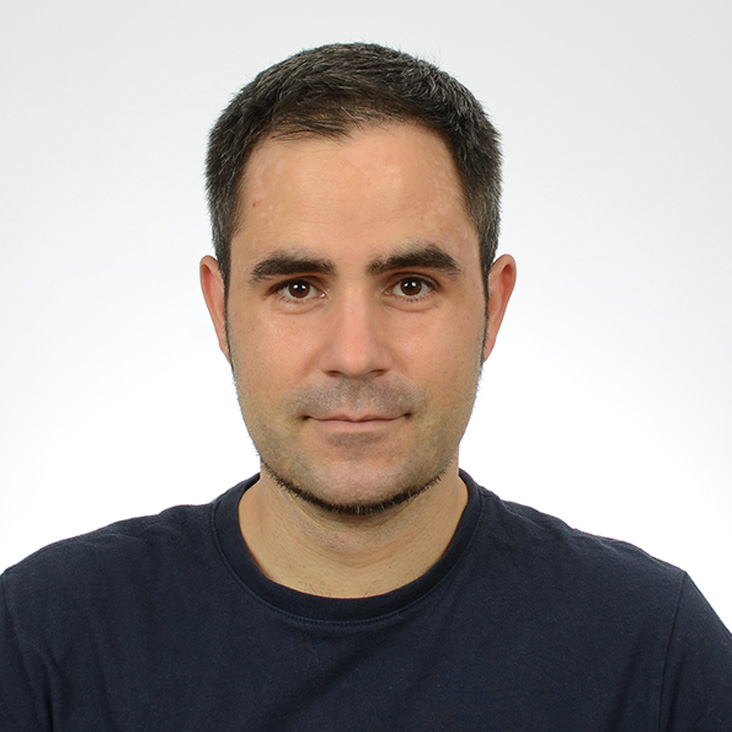
Prof. Sebastian Schelter
University of Amsterdam
All Speakers of the BIFOLD Weizenbaum Summer School 2023 are listed here.
Teaching formats
KEYNOTES
The keynote speeches were intended to provide an introductory overview of specific topics in the areas of Machine Learning, Data Management, intelligence, and the societal impact of using or not using Artificial Intelligence in the context of ecological sustainability.
IN-DEPTH SESSIONS
The In-depth lectures addressed subject-specific topics. Participants were able to choose from parallel sessions according to their field of interest.
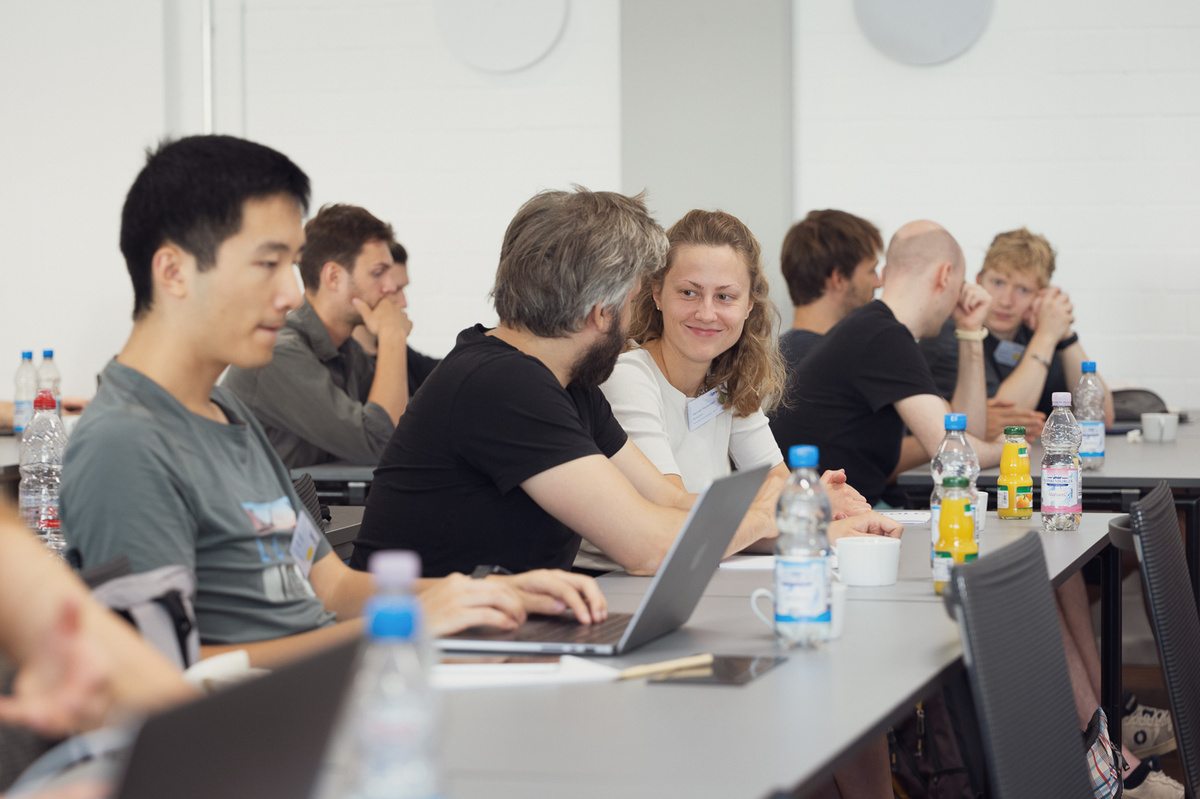
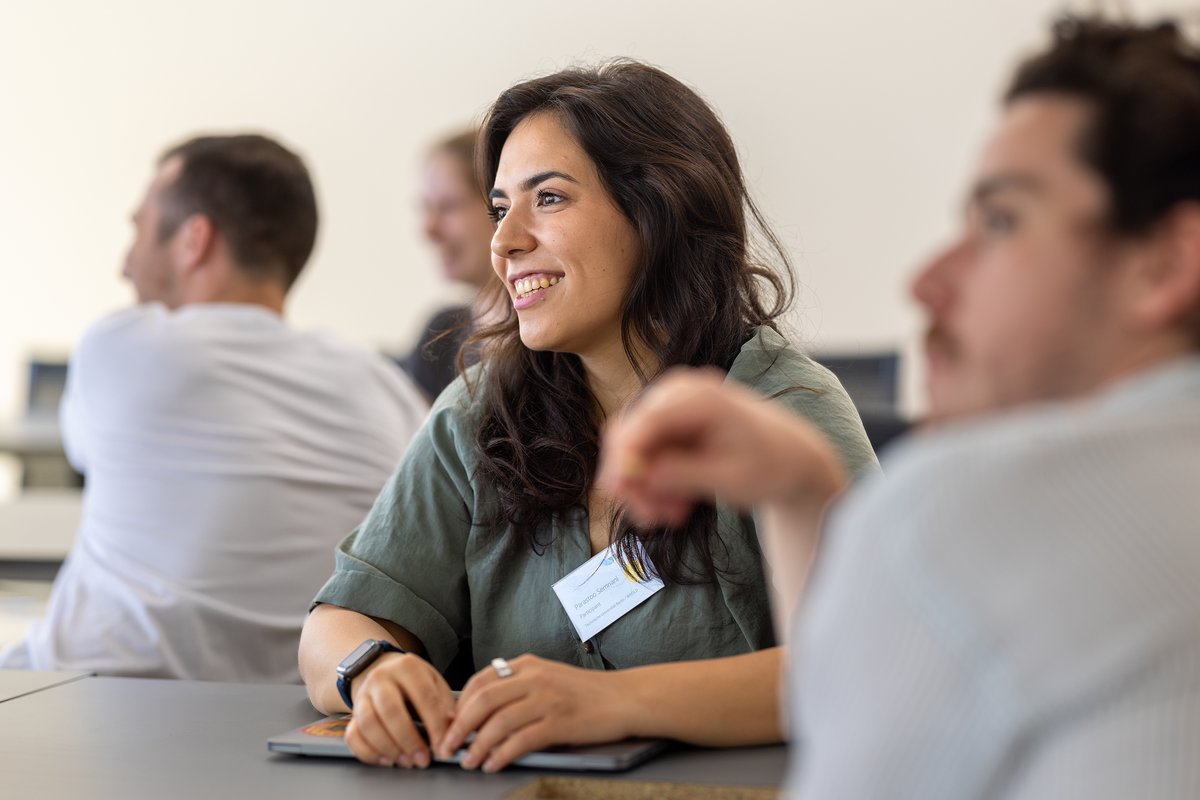
GROUP WORK
Further, the program offered the possibility to work in groups on practical sustainability problems. The groups were composed of students from different backgrounds to look at the given situation from different angles. The group work was continuously supervised and culminated in a final presentation of the results and feedback for the groups. One goal was to draft a short paper, which could be published in an anthology in the Weizenbaum Series.
NETWORKING
The school offered ample time for networking, exchange, and discussions with a good balance between the number of participants and speakers, who were also available for further discussion.
Agenda
In the following, you can find the schedule for each day. On several days, parallel content tracks took place.
| Time | Description | ||
| 10:00 - 11:00 | Registration | ||
| 11:00 - 12:00 | Welcome Speech | ||
| 12:00 - 13:00 | Keynote - AI and society: A sociotechnical perspective | ||
| 13:00 - 14:00 | Lunch | ||
| 14:00 - 16:00 | Introductory session with speed meeting | ||
| 16:00 - 16:30 | Break | ||
| 16:30 - 17:30 | Lecture - Artificial Intelligence and Planetary Boundaries - How can we use AI to improve environmental sustainability? | ||
| 18:00 | Social get together | ||
| Time | Description | ||
| 09:00 - 10:00 | Keynote – Concept-Level Explainable AI | ||
| 10:00 - 10:30 | Break | ||
Parallel Sessions with Lectures, Tutorials and Workshops | |||
Data Management | Machine Learning | Societal Impact | |
| 10:30 - 12:30 | Resource aware ML | XAI 10:30: Prof. Marina Höhne (Leibniz Institute for Agricultural Engineering and Bioeconomy, Potsdam) 11:30: Simon Letzgus (TU Berlin) | AI Capitalism: Critique and Regulation |
| 12:30 - 13:30 | Lunch | ||
| 13:30 - 15:30 | DM for Internet of Things | Efficient ML 13:30: Dennis Grinwald (BIFOLD) & Philipp Wiesner (TU Berlin) | AI Capitalism: Critique and Regulation |
| 15:30 - 16:00 | Break | ||
| 16:00 - 18:00 | Group work | ||
| Time | Description | ||
| 09:00 - 10:00 | Keynote – Directions Towards Resource-Efficient Machine Learning Systems in e-Commerce | ||
| 10:00 - 10:30 | Break | ||
Parallel Sessions with Lectures, Tutorials and Workshops | |||
Data Management | Machine Learning | Societal Impact | |
| 10:30 - 12:30 | DM & ML for Earth observation | Generative Modelling 10:30: Jonas Köhler (Microsoft Research AI4Science) 11:30: Niklas Gebauer (BIFOLD) | Conscience Bytes - ethical case studies in computer science |
| 12:30 - 13:30 | Lunch | ||
| 13:30 - 15:30 | Urban Sustainability | Quantum Chemistry | Conscience Bytes - ethical case studies in computer science |
| 15:30 - 16:00 | Break | ||
| 16:00 - 18:00 | Group work | ||
| Time | Description | ||
| 09:00 - 10:00 | Online Talk /w Q&A - A political perspecitve on Artificial Intelligence and Sustainability | ||
| 10:00 - 10:30 | Break | ||
| 10:30 - 11:30 | Lecture - AI as techno fix? Technological solutionism - and its alternatives | ||
| 11:30 - 12:30 | Lecture - Sustainable AI and the impacts of socio-technical AI systems | ||
| 12:30 - 13:30 | Lunch | ||
| 13:30 - 15:30 | Group work | ||
| 15:30 - 16:00 | Break | ||
| 16:00 - 18:00 | Group work | ||
| Time | Description | ||
| 09:00 - 10:30 | Group presentations with feedback | ||
| 10:30 - 11:00 | Break | ||
| 11:00 - 12:00 | Group presentations with feedback | ||
| 12:00 - 12:30 | Wrap-up session | ||
| 12:30 - 13:00 | Lunch | ||
| 13:00 | Departure to Climate Strike | ||

